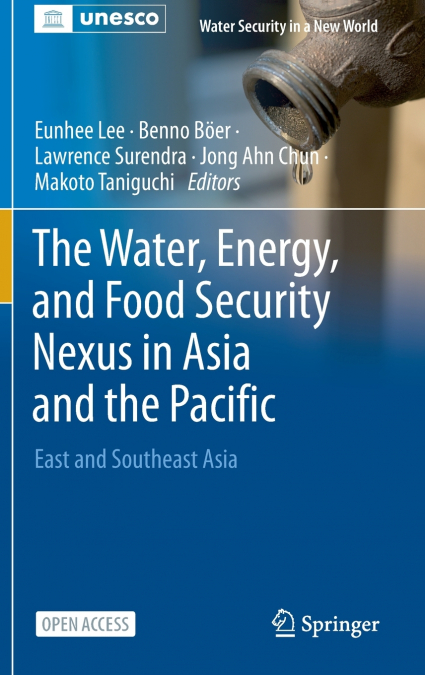
This Open Access book undertakes a comprehensive analysis of the water, energy, and food (WEF) security nexus with a regional focus on East and Southeast Asia. Individual chapters of this book provide interesting nexus dimensions of the region and explore socioeconomic implications of the nexus approach with a special focus on the cross-cutting issues, including climate change, gender, and trans-boundary cooperation. It also discusses innovative approaches, advanced nexus solutions, and various future scenarios. Finally, it suggests that an improved nexus understanding based on scientific evidence is a key element to achieve the Sustainable Development Goals (SDGs). With explosive population growth and economic development, countries in East and Southeast Asia are witnessing competitive consumption of WEF resources across various sectors and across borders. The diverse range of geographical, political, and economic conditions combined with climatechange and urbanization is posing a new set of challenges in the region. The long-term security of WEF, therefore, would need an integrated nexus approach through an enhanced understanding how the interactions between WEF resources are shaped by environmental, economic, social, and political changes in the region. This book is a highly recommended source of information and inspiration for policy makers, research communities and practitioners dealing with any aspect of water, energy, and food security in East and Southeast Asia.